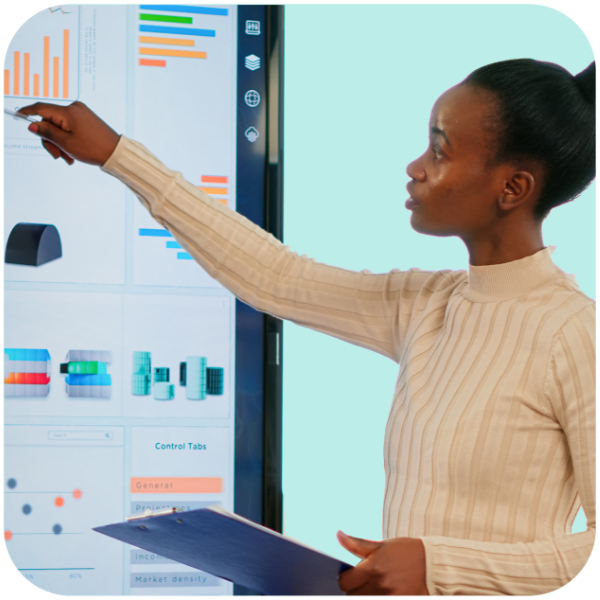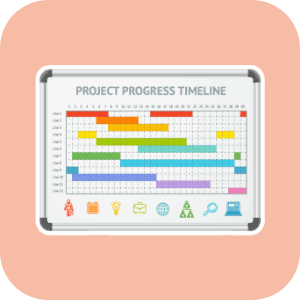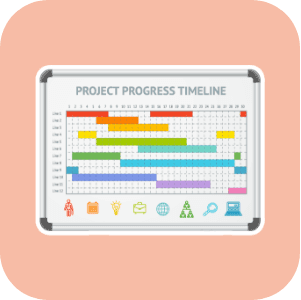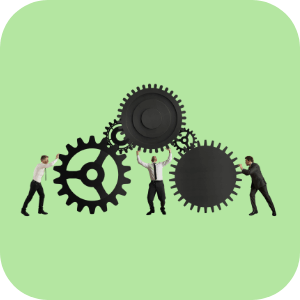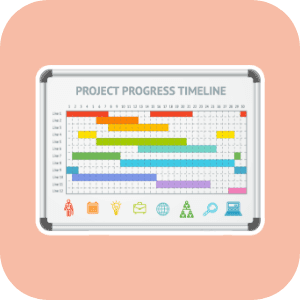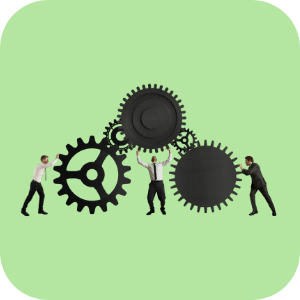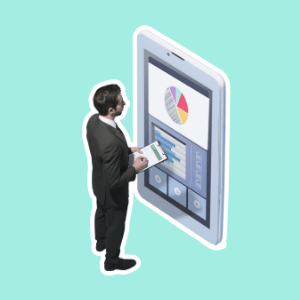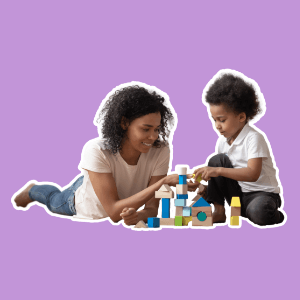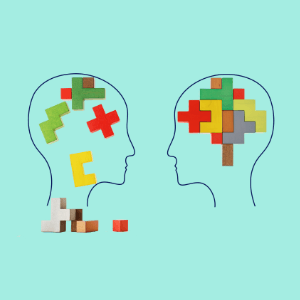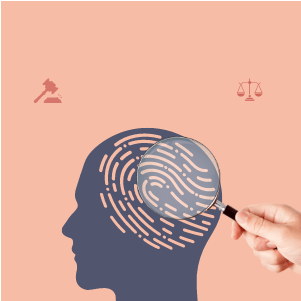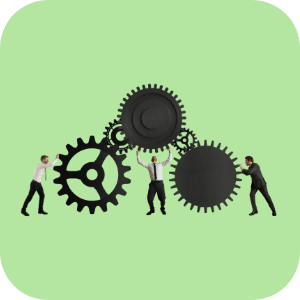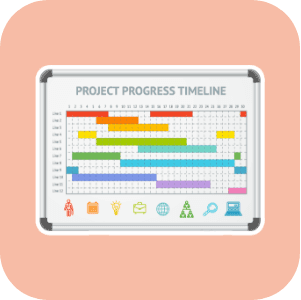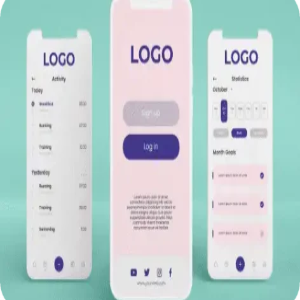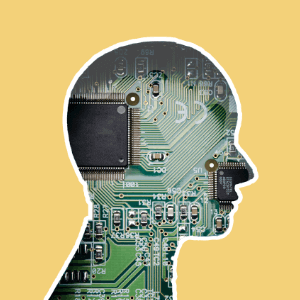Learn the basics of
Effective Communication Course
Empower your teams with the skills to communicate effectively and improve teamwork and collaboration through the development of effective communication in the workplace. Effective team communication provides several other benefits, including the potential to encourage creativity, enhance employee engagement, and increase productivity.
Key Learning Objectives:
- Understand communication styles
- Navigate the barriers to effective communication
- Develop effective communication skills
- Manage emotions and have influence

Ideal for:
All employees at all levels.
Course outcome:
Develop teams who are able to communicate effectively.
Course outline:
04
Weeks
01
Modules
08
Lessons
Course accreditation:
Upon completion of this effective communication course your employee will receive an accredited certificate assessed by global academic partners, Austin Peay State University and the CPD Certification Service.
Certified by:

Globally recognised by:

Course details
MODULE 1
MODULE 1
1.Understand communication styles
It’s important for you to understand how to manage different communication styles in order for you to be productive, successful and satisfied. As you know, your life is made up of unique individuals who all have their own way of communicating. Your role as an effective communicator is to navigate these differences so that you can take advantage of situations to build relationships and have influence!
2.Significance and barriers to effective communication
When communication is effective, it leaves all parties involved satisfied and feeling accomplished. The skilled communicator needs to be aware of the barriers to effective communication and how to avoid or overcome them in order to convey a clear and concise message.
3.Become an engaged listener
Communication goes beyond the messages we send – it also includes how we receive messages. If we simply ‘hear’ what individuals tell us, then we miss out on a vast array of messages directed at us. Listening is one of the most important skills you can have. How well you listen has a major impact on your job effectiveness and on the quality of your relationships with others.
4.Effective questioning
Questioning is the key to gaining more information and without it interpersonal communications can fail. Questioning is fundamental to successful communication - we all ask and are asked questions when engaged in conversation. Empower yourself and others with ownership through effective questioning.
5.Non-verbal communication
A substantial portion of our communication is nonverbal. Experts have found that every day we respond to thousands of nonverbal cues and behaviours including postures, facial expressions, eye contact, gestures, and tone of voice. From our handshakes to our hairstyles, nonverbal details reveal who we are and impact how we relate to other people.
6.Emotional awareness and management
Emotional awareness is the key to understanding yourself and others. If you don’t know how or why you feel a certain way, you won’t be able to communicate effectively or resolve disagreements.
7.Relate with empathy
Become effective in any level of communication by practising empathy. Develop the ability to understand the other person’s needs and to show an understanding of their views and feelings.
8.Conflict resolution and non-violent communication
"Conflict is simply the art of skilfully navigating our daily communication through the obstacles of differences in perceptions, opinions, meaning and values! When conflict is mismanaged, it can cause great harm to a relationship, but when handled in a respectful, positive way, conflict provides an opportunity to strengthen the bond between two people. Whether you’re experiencing conflict at home, work, or school, learning these skills can help you resolve differences in a healthy way and build stronger, more rewarding relationships."

